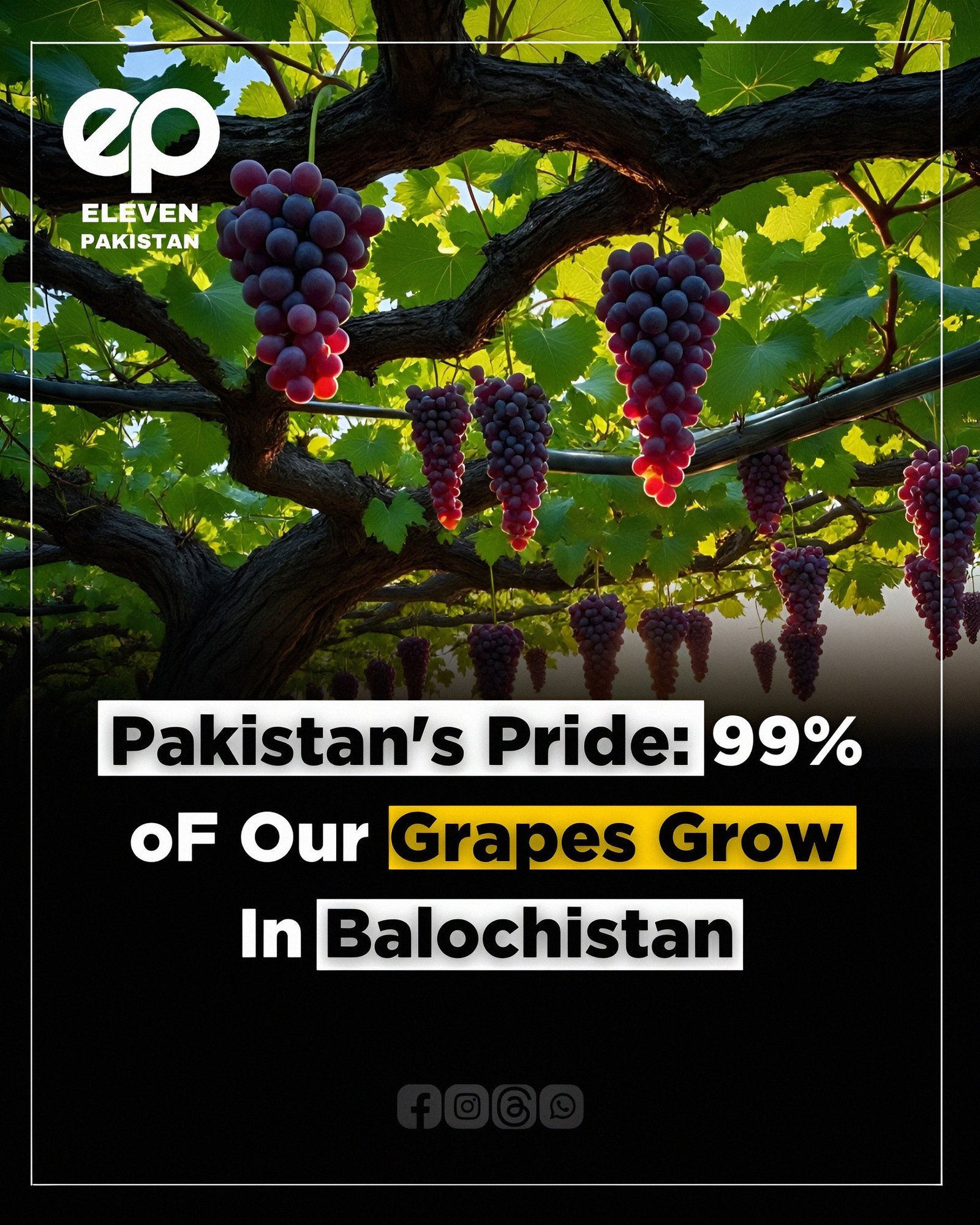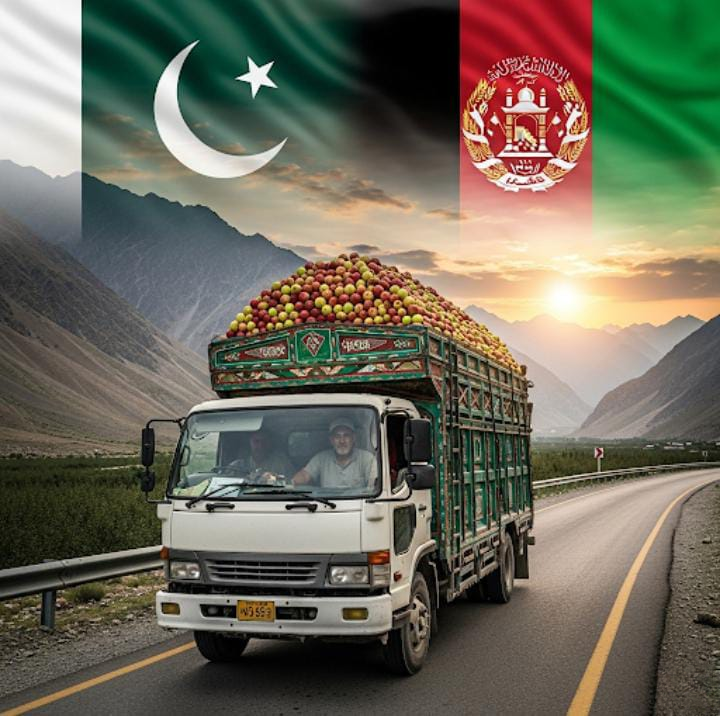In the lush valleys and sun-kissed fields of Balochistan, a silent agricultural revolution thrives — one that very few Pakistanis are fully aware of. An astounding 99% of the grapes grown in Pakistan come from this resource-rich yet often overlooked province, making it the unsung hero of the country’s fruit production.
Balochistan, the largest province by area, is best known for its rugged terrain and mineral wealth. However, its agricultural sector — especially fruit farming — plays a vital role in feeding the nation and supporting the local economy. Grapes, in particular, have become a symbol of pride for the region and a valuable crop for both domestic markets and exports.
🍇 A Natural Home for Grapes
The climate of Balochistan is uniquely suited for grape cultivation. With its dry weather, well-drained soil, and long sunlight hours, the province provides the perfect growing conditions for high-quality grapes. Districts like Panjgur, Pishin, Mastung, and Quetta have become major hubs for vineyards, where traditional farming methods blend with modern techniques to produce bountiful harvests.
Pakistan grows several varieties of grapes, including Sundarkhani, Perlette, and King’s Ruby, which are loved for their flavor, sweetness, and vibrant color.
💼 Economic and Cultural Significance
Grape farming is more than just agriculture in Balochistan — it is a lifeline for thousands of families. The grape industry generates income, creates seasonal employment, and empowers local communities, especially in rural areas.
Moreover, the province’s potential as a fruit-exporting hub is steadily growing. With improved infrastructure and cold storage facilities, Pakistan could increase its presence in international markets, particularly in the Middle East, Central Asia, and Europe.
🌱 The Road Ahead
Despite its achievements, the grape industry in Balochistan faces challenges such as limited water resources, outdated irrigation systems, and lack of access to modern equipment. Government support, agricultural training, and investment in supply chains could transform the sector into a powerful engine for national growth.
As Pakistan looks to diversify its agricultural exports and improve food security, the success of grape cultivation in Balochistan stands as a shining example of what can be achieved through resilience, tradition, and nature’s blessings.


